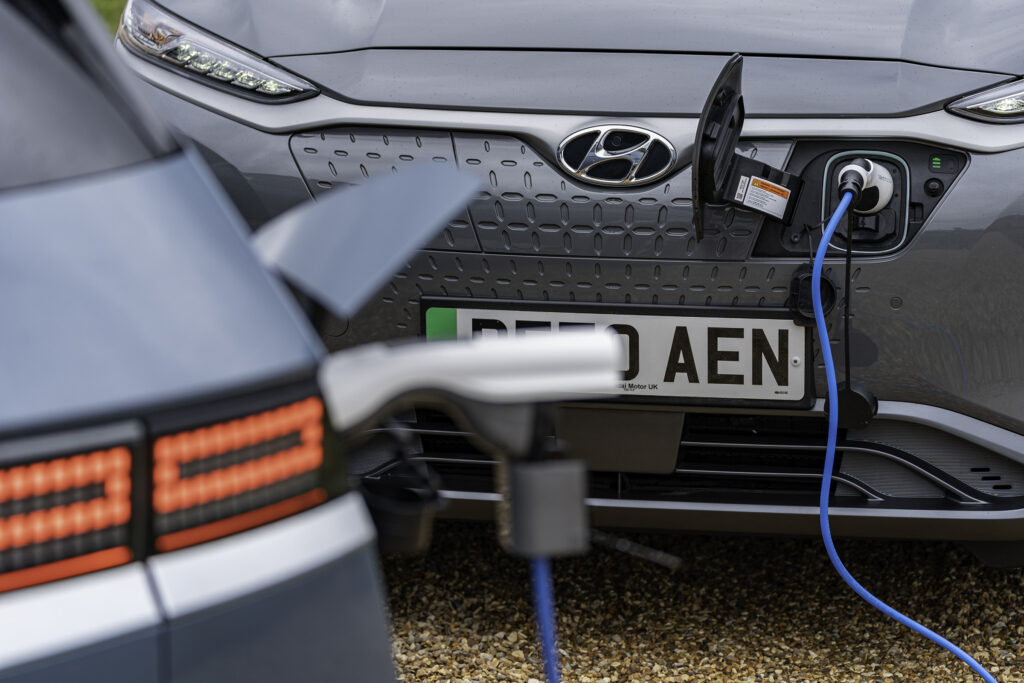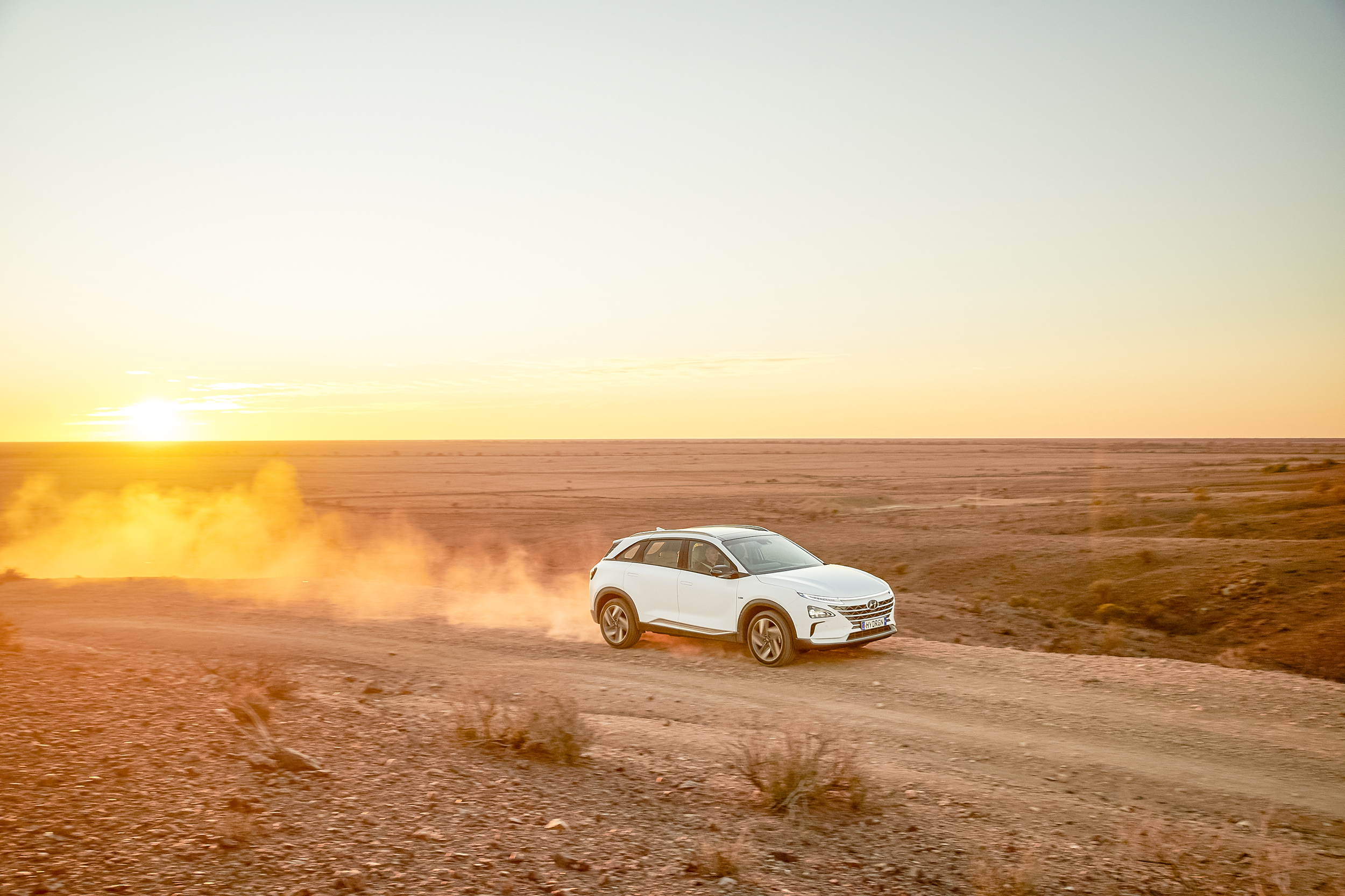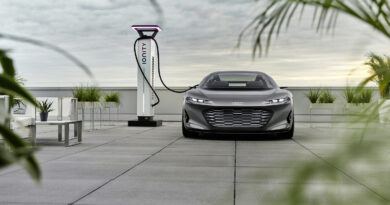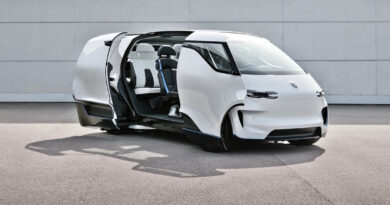NSW scores 9/10, Federal govt gets an electric car fail from EV Council
The NSW government is leading the way on encouraging the uptake of EVs, while the Federal Government has been given a big fat fail, according to the Electric Vehicle Council of Australia.
In releasing its annual State of Electric Vehicles report – a report set to be released in future every six months – the EV Council has slammed the lack of action at a federal level for electric cars.
“After promising a national strategy two years ago, the Federal Government has failed to deliver,” said EV Council CEO Behyad Jafari in the report, which scored the Morrison government at 3 out of 10 in the annual report card.
The EV Council notes that every state and territory is doing more than the Federal Government in planning for electric cars and encouraging their uptake.
EXCUSIVE REPORT: Complete guide to discounts and incentives when buying an EV in Australia
READ MORE: Tesla dominating EV sales in Australia in 2021 as sales boom
READ MORE: EV incentives for NSW as part of $490m package
READ MORE: $3000 EV subsidies for Victoria
The EV Council said the Australian government had “failed to make meaningful inroads in line with other comparable jurisdictions around the world”.
The NSW government led the eight states and territories, with a near-perfect score of 9 out of 10.
Jafari said the only thing missing in the $490 million EV plan from the NSW government was a target or plan as to when sales of petrol and diesel cars would stop altogether.
The ACT government – which was the earliest mover on EV incentives, something that translated to strong sales – was a close second, with 8/10, followed by Tasmania and Northern Territory on 7/10.
Victoria, Queensland, South Australia and Western Australia each scored 6/10 – still double that of the Federal Government.
“The Federal Government is the one that’s responsible for all of these things and they’re the ones who haven’t done it,” Jafari told EV Central. “They have been marked much more harshly.”
Jafari said it was ludicrous that state and territory governments were having to formulate their own EV policies, saying it should be something tackled from a national level.
“The NSW Government policy actually probably shouldn’t exist, that should be a Federal Government policy,” he said. “They’ve had to do it in the absence of a federal policy.”

He said the states were formulating their own EV plans through “a sense of frustration” – some also no doubt tempted by the prospect of additional revenue through controversial road user charges, which would charge EVs about 2.5 cents for every kilometre they drive – to get ahead of the Federal Government, which he said “should have this sorted”.
Jafari said it was a case of the states effectively saying “they’re [federal politicians] not doing their jobs and we can’t hold our breaths any longer”.
Not that there aren’t still challenges, even with the fast-moving incentives and improving infrastructure being offered around the country.
While luxury car brands continue to surge ahead in introducing new EVs, the EV Council highlighted the affordable end of the market as key to boosting sales and acceptance.
“We need to see more electric vehicle models in Australia, particularly at lower price points,” said Jafari. “That’s happening slowly, but if we want to accelerate the process and attract the globally limited electric vehicle supply, we need policies enacted at the national level, like fuel efficiency standards.”
| AUSTRALIAN GOVERNMENT AREA | SCORE |
| NSW | 9/10 |
| ACT | 8/10 |
| Tasmania | 7/10 |
| Northern Territory | 7/10 |
| Victoria | 6/10 |
| Queensland | 6/10 |
| South Australia | 6/10 |
| Western Australia | 6/10 |
| Australia (Federal Government) | 3/10 |




